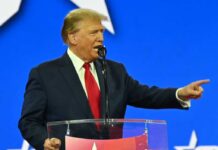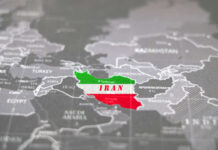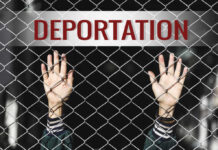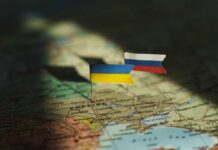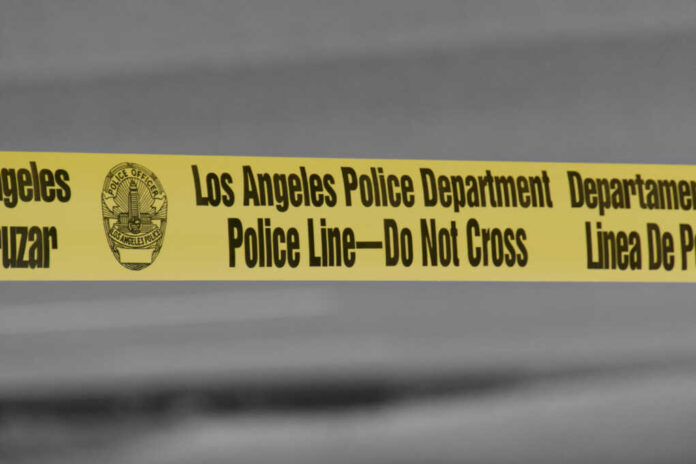
As violent protests over immigration enforcement erupt in Los Angeles, conservative firebrand Charlie Kirk is defending federal law—and reminding Americans that illegal entry remains a crime, no matter the politics.
At a Glance
- LA police imposed a curfew after four nights of escalating protests against ICE operations
- Over 4,700 troops deployed, including National Guard and Marines, following Trump’s orders
- Demonstrators clashed with police, torched vehicles, and threw projectiles
- Protests have spread to cities including Dallas, Austin, Chicago, and New York
- Charlie Kirk reaffirmed that illegal immigration is a federal crime, not a minor infraction
Violence in LA Triggers Military Response
Downtown Los Angeles became a flashpoint this week as immigration-related protests spiraled into violence, prompting law enforcement to declare a curfew and make multiple arrests. Demonstrators opposing ICE raids confronted police with fireworks, bottles, and barricades. Protesters ignited cars and disrupted traffic in scenes that echoed nationwide unrest. Though National Guard units are on standby, they have not been directly involved in arrests.
The protests, originally focused in LA, have now sparked solidarity marches and unrest in major U.S. cities, signaling broader dissatisfaction with federal enforcement tactics. President Trump ordered the deployment of 4,000 National Guard troops and 700 Marines to contain the situation, a move Governor Gavin Newsom condemned as a “military dragnet.”
Kirk: “This Is Still the Law”
Amid the escalating rhetoric, Turning Point USA founder Charlie Kirk pushed back on the narrative that immigration enforcement is unjust, stating bluntly that “illegal immigration is still illegal.” Kirk emphasized that crossing into the U.S. without documentation, or overstaying a visa, remains a criminal offense under federal law—regardless of how long someone has lived in the country or their personal story.
Kirk’s comments came amid renewed conservative frustration with what they see as selective enforcement of immigration rules under Democratic administrations. Trump’s reactivation of mass ICE operations has reignited a bitter policy battle: Should U.S. immigration laws be strictly enforced, or adapted based on perceived compassion and local preferences?
Divided Nation, Divided Streets
Protesters waving flags, chanting anti-ICE slogans, and demanding amnesty have clashed with local authorities, while conservative voices rally around the need for enforcement and deterrence. National figures including Rep. Kaohly Vang have added personal context—sharing family immigration stories—to challenge hardline policies and amplify demands for reform.
Meanwhile, President Trump criticized Newsom for failing to control the violence and warned that attacks on military personnel “will not be tolerated.” The chaos in LA now stands as a microcosm of a much larger battle: one between sovereignty and sanctuary, between federal mandates and local defiance.
As protests spread and federal deployments increase, the question intensifies: can America enforce its immigration laws without igniting its cities—or is that conflict already here?



